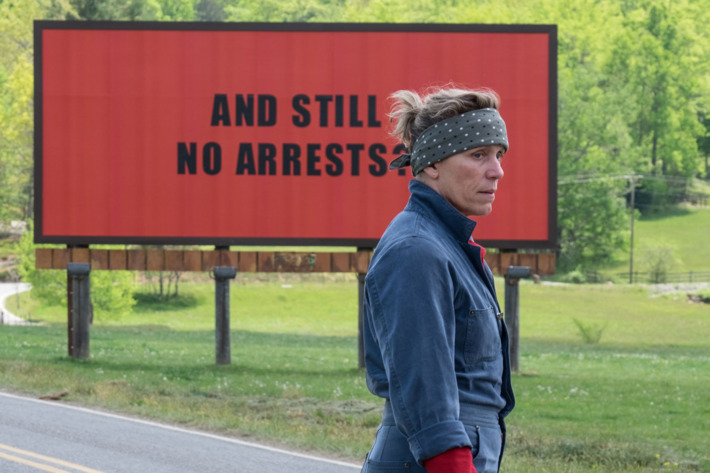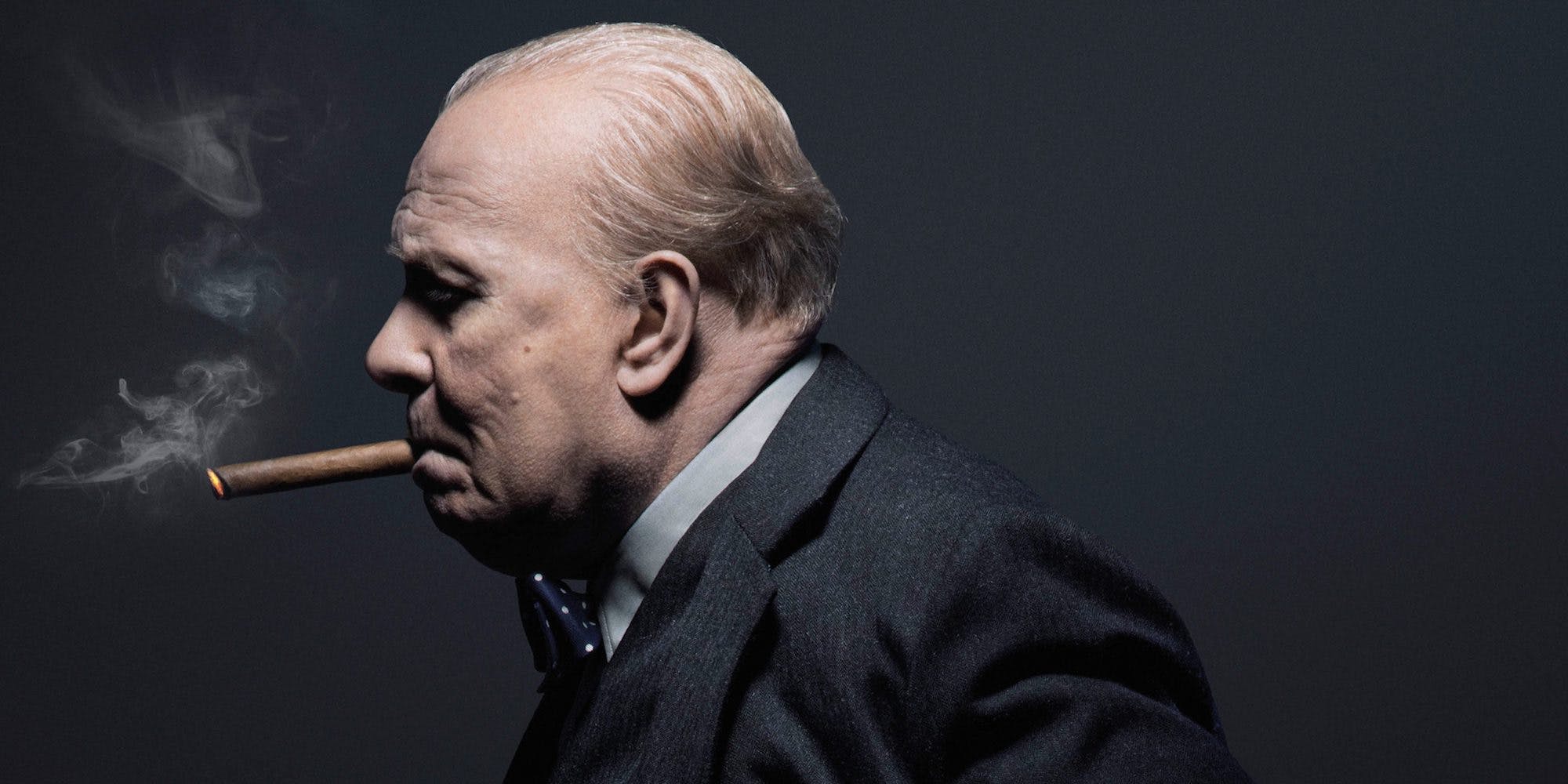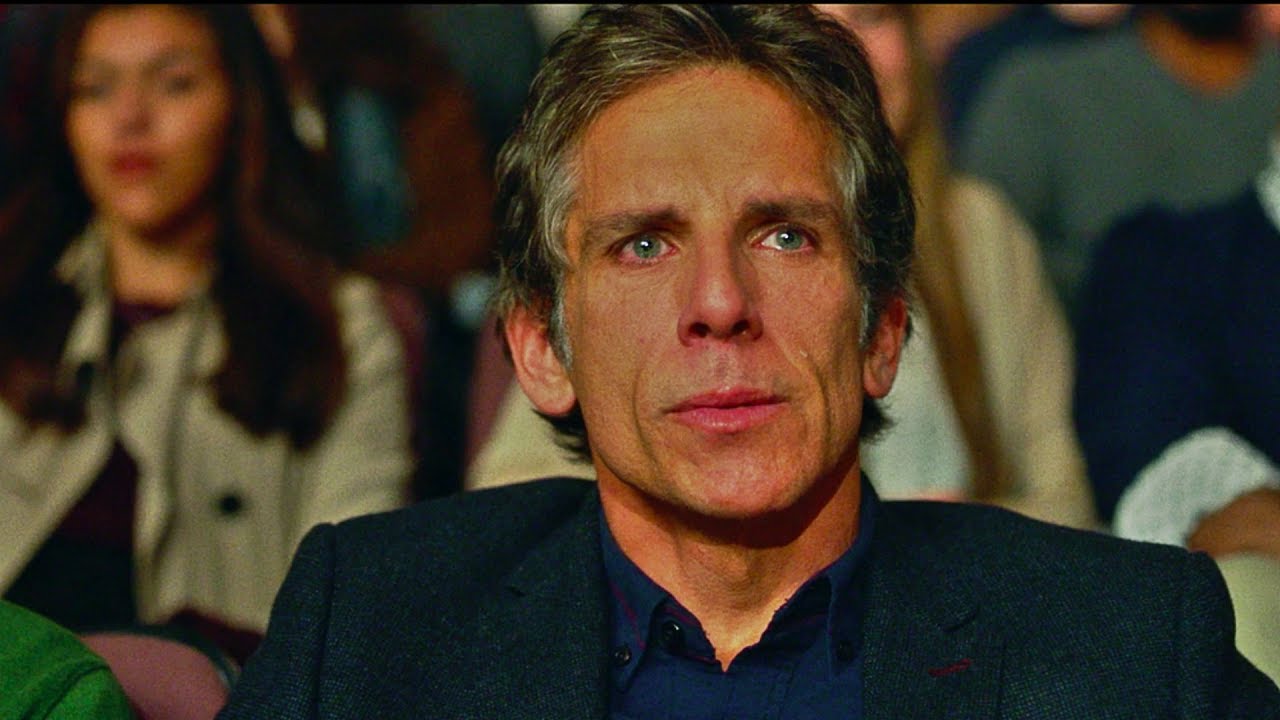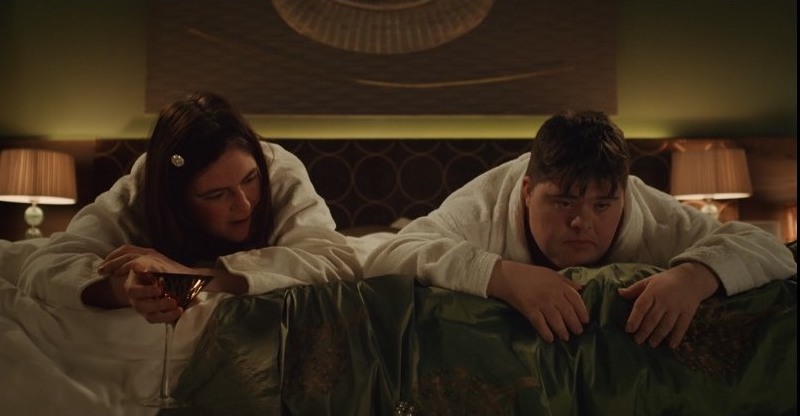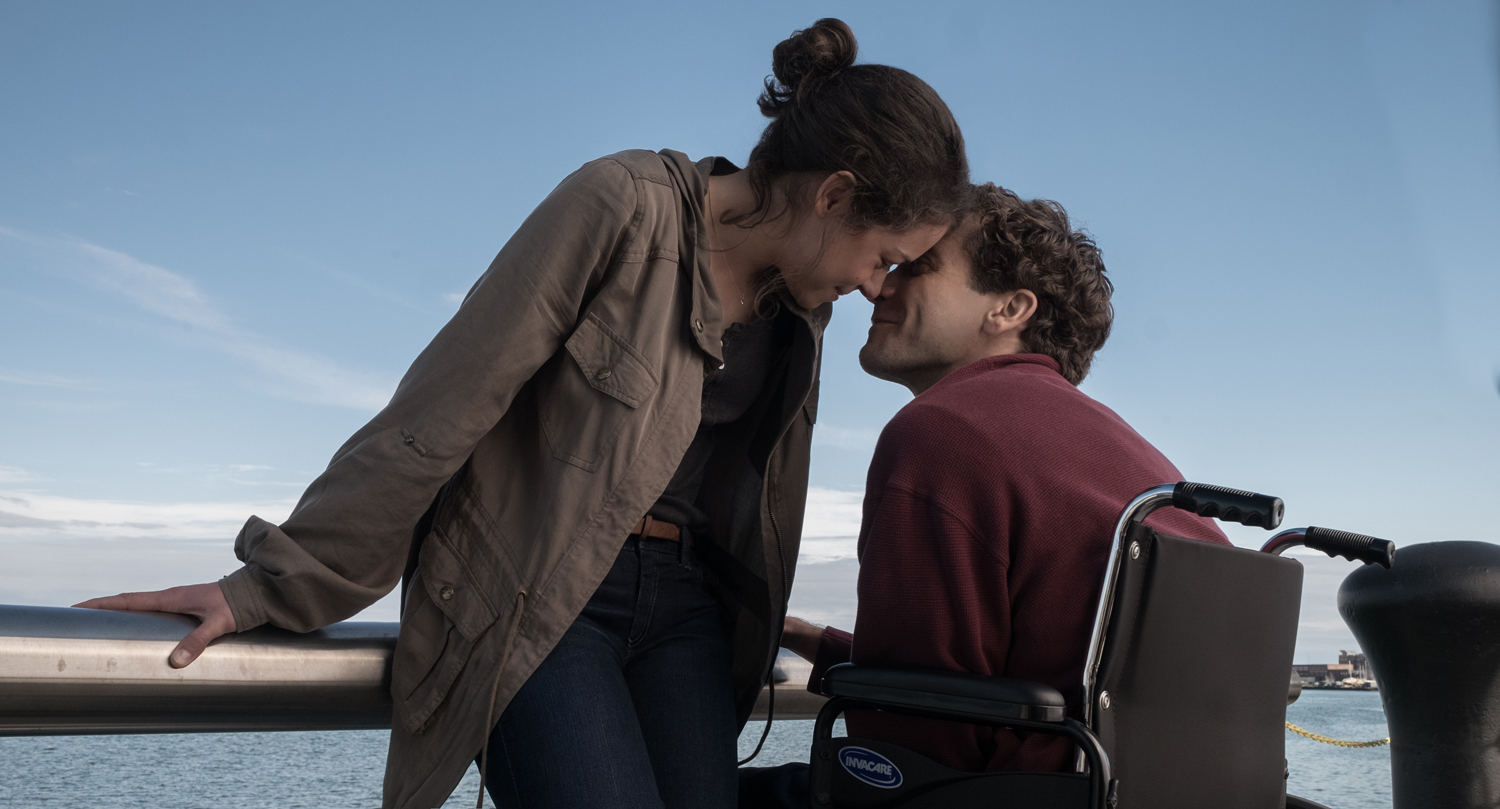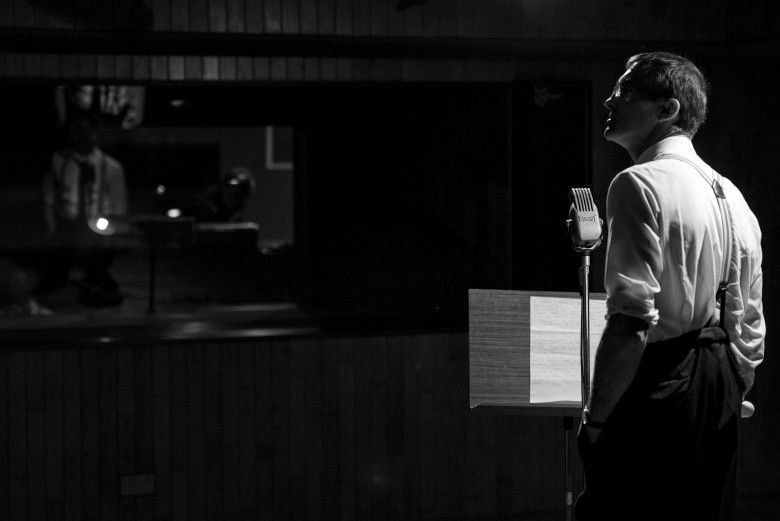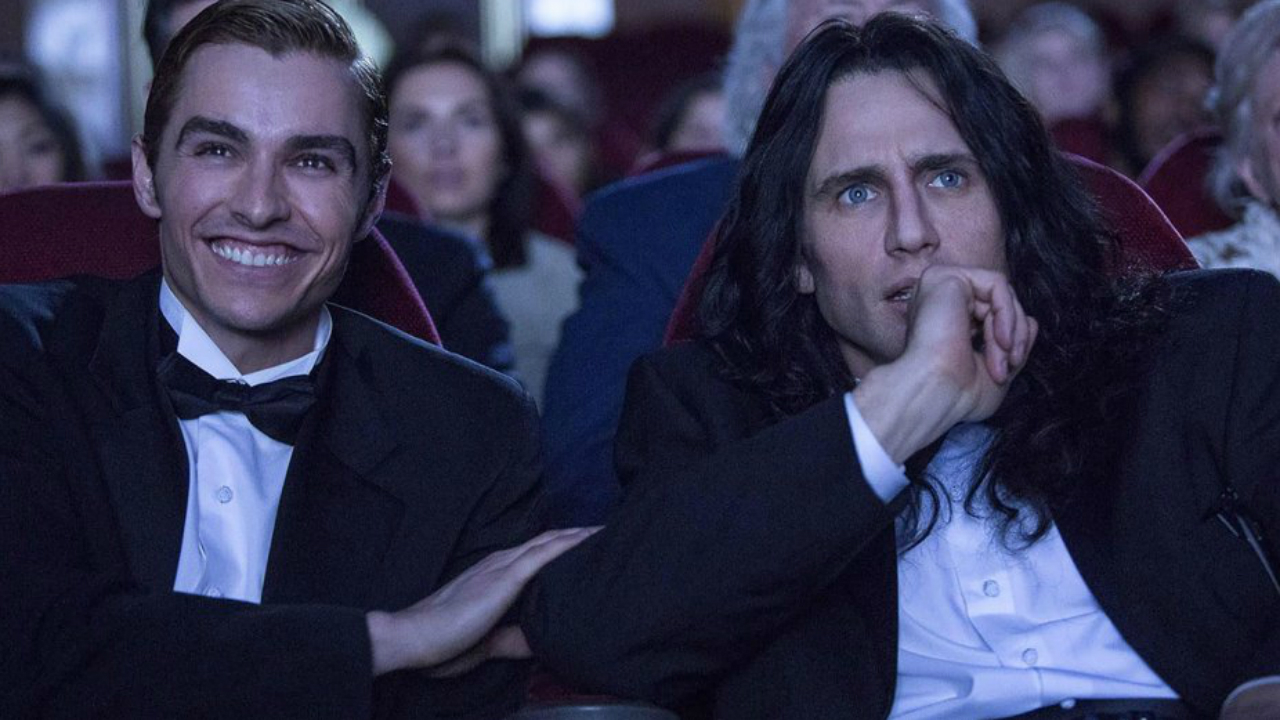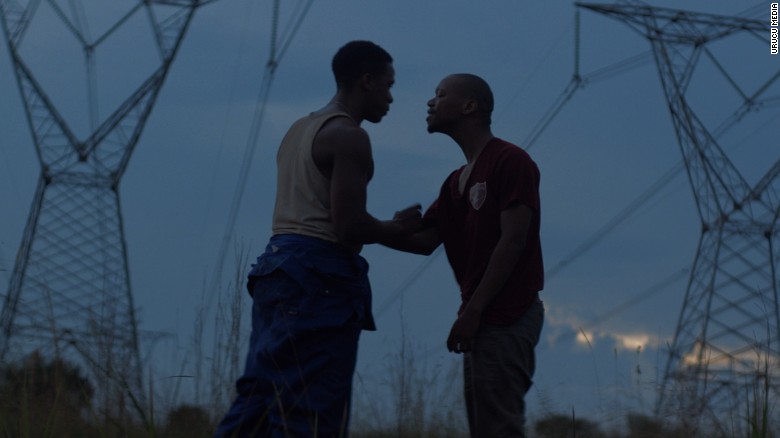The phrase ‘dark comedy’ recurs in descriptions of the filmography of Martin McDonagh, the London-born but Irish-descended playwright turned film-maker who this week received a Golden Globe for his third feature, Three Billboards Outside Ebbing, Missouri. It’s the kind of loose, generous generic signifier that covers a multitude of structural and tonal sins. Sin is something McDonagh seems very interested in, populating his films with ugly people hopscotching across ugly situations. Redemption is a tricky prospect, both for the characters and for McDonagh himself, who lumbers Three Billboards with much the same problems that made In Bruges and Seven Psychopaths such…
-
-
Even while he’s having a cinematic moment, Churchill keeps his distance. Christopher Nolan weaponized celluloid machinery for the hyper-technical tension of Dunkirk, in which the politics of the coastal evacuation took place off screen, Kenneth Branagh’s naval captain standing in for the stiff upper lip of absent British authorities. Jonathan Teplitzky’s Churchill found Brian Cox’s wartime Prime Minister at the end of his tether on the eve of the Normandy invasion, tired and morose, struggling to maintain the brittle national morale. And now Joe Wright’s punchy Darkest Hour, the closest of the three to a traditional biopic, packing Gary Oldman in…
-
‘Everyone is just thinking about themselves; they’re wrapped up in their own stuff’, high schooler Troy Sloan tells his father, who is hunched over the edge of his hotel bed, haunted by deep, formless feelings of failure. The comment is meant to reassure Brad, who has spent their college-tour trip suffering through bouts of jealousy and insecurity, and it’s the sort of line routinely served up to sooth the self-conscious. Everyone’s caught up in their own stuff, no-one even really sees you, so stop worrying so much. But Brad’s problem is that he’s already too self-involved, Ben Stiller’s wounded, jittery eyes…
-
Cinema has a soft spot for the disabled, or at least those with worthy and theatrically resonant types of disabilities, ones that can be overcome in three acts, and leave able-bodied audiences feeling good about abstractions like “the human spirit”. Actors are lauded as “brave” for embracing physical and verbal contortions: Dustin Hoffman in Rain Man; Eddie Redmayne’s Oscar for The Theory of Everything; and, last year, Andrew Garfield’s polio quadriplegic in Andy Serkis’ Breathe. Meanwhile, television is opening itself up to richer representations of those on the Asperger’s spectrum. But a feature film with an ensemble cast, all of…
-
There’s a scene near the end of The Last Jedi, the second in Disney’s rejuvenated world-eating trilogy, when Kylo Ren (Adam Driver), the floppy-haired bastard prince whose crackling Oedipal resentment makes him the most fascinating of the new batch, has pretty much had enough of the whole Star Wars thing. Rey (Daisy Ridley), the heir apparent to the ways of the Light Side, is talking about The Resistance, but he cuts her off, launching into a speech of delicious, weary iconoclasm. The Jedi, the Sith, the rebels, Luke, Leia… he wants to torch the whole thing, this over-loaded mythology on…
-
For most of its running, Stronger is a watchable if unremarkable disaster biopic, admirably uncomfortable with terrorist attack cliche. It traces the story of Jeff Bauman, played by Jake Gyllenhaal, had both legs amputated above the knee after being caught in the 2013 bombing of the Boston Marathon, where he was cheering for his on again, off again girlfriend Erin. This is the second film based on the Boston attack released this year, but whereas Peter Berg’s typically muscular Patriot’s Day tracked the manhunt for the bombers, Stronger keeps its focus on personal consequences, John Pollono’s script working off Bauman’s memoir…
-
A non-traditional perspective on a traditional Irish sean-nós singer, Song of Granite tells the story of Galway-born Joe Heaney through fragments and figments, snatches of song and poetry and time-jumping visions of Ireland and beyond. Pat Collins’ film is a carefully composed blend of dramatisation and documentary, light on biographical specifics but heavy on the sad, gentle rhythms of time and song. Cinematographer Richard Kendrick frames Joe’s childhood in the village of Carna, Connemara in glorious, pristine black and white, dramatisations of early 20th century rural Ireland rarely seen in cinema without the moral baggage of politics or poverty. There…
-
Oh, hi reader. You are quite possibly sick of hearing about The Room, marketed to irony-devouring film freaks as the ‘best bad movie ever made’. Released in 2007 and recouping practically zero of its — frankly unbelievable — $6 million budget, Tommy Wiseau’s great auteur debacle found resurrection as a quotable ‘so bad it’s amazing’ treasure. The catchphrases, rabid cult buzz and midnight screenings have clued a generation of fans in on the joke, and with saturation there is a dulling of the film’s weirdness. One of the pleasures of The Disaster Artist, the James Franco-directed origin story of The Room, is being offered a seat at…
-
A gender wars back-and-forth with surprising emotional richness, Little Miss Sunshine directors Jonathan Dayton and Valerie Faris serve up an ace with Battle of the Sexes, a warm, solidly entertaining look at the 1973 tennis match between Billie Jean King, the top-ranked female player, and Bobby Riggs, an ex-World Champion hungry for the spotlight. Some of Little Miss Sunshine’s affection for misfits united by shared dysfunction is visible in Battle of the Sexes, Simon Beaufoy’s script framing Billie Jean (Emma Stone) and Bobby (Steve Carell) as a pair of almost-weirdos comparable in their compulsions. Billie Jean’s rebellion against tennis establishment…
-
With the screening of Sebastián Lelio’s Chilean trans thriller A Fantastic Women cancelled due to a logistical hiccup, it was down to Signature Move to open the film programme for the 2017 Outburst Festival, an annual showcase of international queer arts and cinema, and the film wasn’t really up to the inaugural task. Soap operas feature heavily in Jennifer Reeder’s film as a way for expatriates to connect with their homeland. Thirty-something lesbian attorney Zaynab (Fawzia Mirza, who wrote the script with Lisa Donato), lives in Chicago with her mother, a Muslim conservative who spends her days in an armchair…

